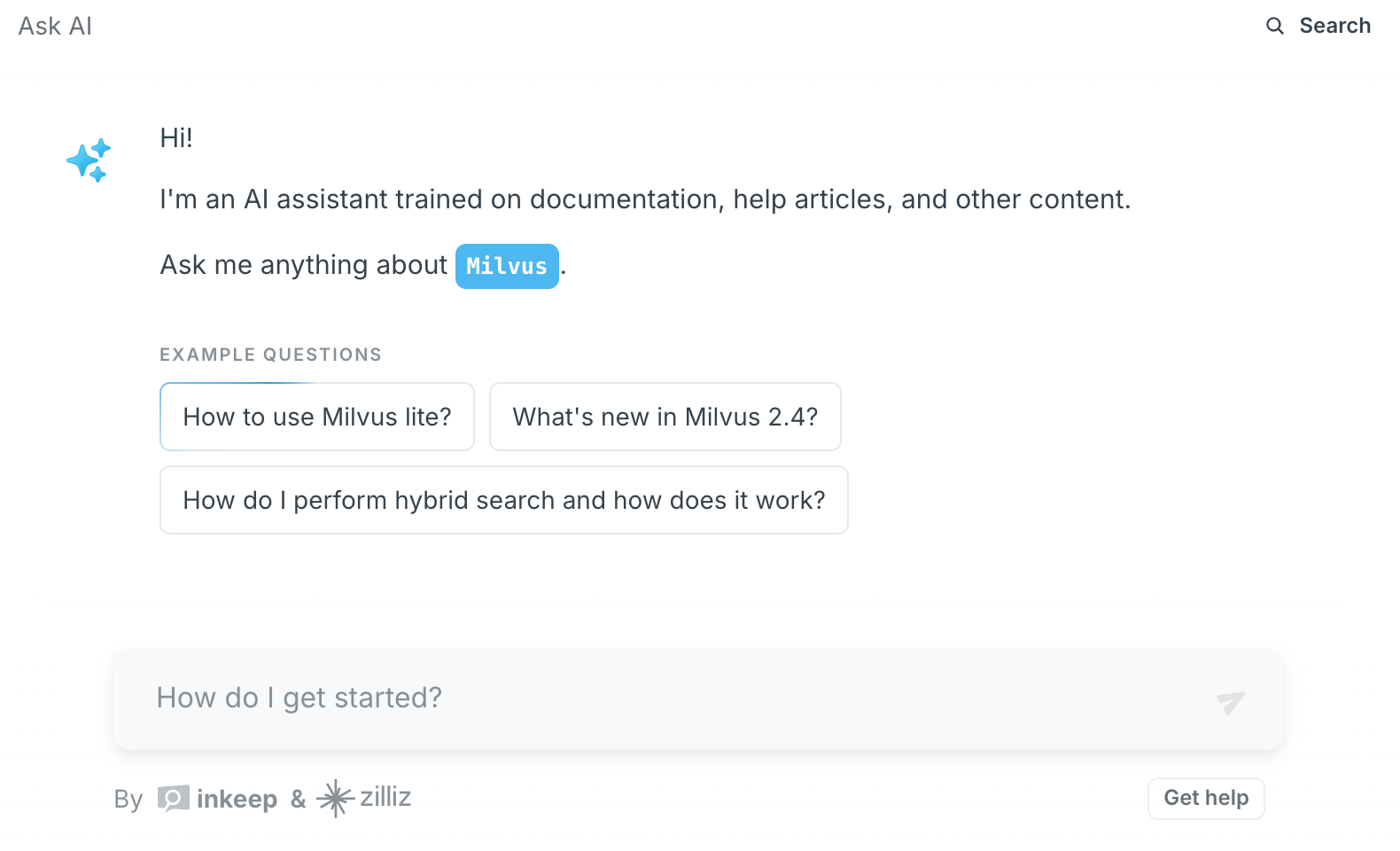Keeping a generation grounded when using multi-step retrieval is challenging because each step in the process depends on the accuracy of the previous one, and errors can accumulate as the system progresses. Multi-step retrieval often involves breaking down a complex query into smaller sub-queries, retrieving relevant data for each, and combining the results to generate a final output. If any step returns incorrect or incomplete information, the subsequent steps build on that flawed foundation, leading to compounding errors. For example, a system answering a medical question might first retrieve symptoms, then potential diagnoses, and finally treatment options. If the symptom retrieval step misidentifies a symptom, the diagnosis and treatment steps will likely be wrong, even if those later steps are executed perfectly.
One major challenge is error propagation between steps. Each retrieval or processing step relies on the outputs of prior steps, so a mistake early in the chain can distort all downstream actions. For instance, consider a code-generation tool that first retrieves API documentation, then generates code snippets based on that documentation. If the retrieval step fetches outdated or incorrect API details (e.g., wrong parameter names), the generated code will contain errors, even if the model’s code-writing logic is sound. These errors might not be immediately obvious, especially if the system lacks mechanisms to validate intermediate results. Without checks at each stage, the final output could appear plausible but fail in practice, making debugging difficult. This is especially problematic in domains like finance or healthcare, where inaccuracies can have serious consequences.
Another issue is the increased complexity of maintaining consistency across steps. Multi-step systems often pull data from multiple sources or apply different models at each stage, creating opportunities for mismatches in context or assumptions. For example, a travel-planning assistant might first retrieve flight options, then hotel availability, and finally local event schedules. If the flight retrieval step assumes a specific date range but the hotel step uses a different one due to a timezone conversion error, the final itinerary becomes incoherent. To mitigate these risks, developers can implement validation layers between steps (e.g., cross-checking dates or units), use fallback strategies when retrievals fail, and design systems to flag low-confidence intermediate results. However, these safeguards add overhead and may not catch all edge cases, highlighting the inherent trade-offs in multi-step retrieval systems.
